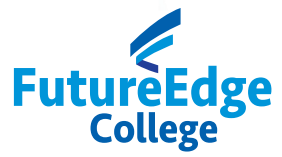Developing human capital through education is very important for Malaysia. Technical and Vocational Education and Training (TVET) is one of education lines that is aimed to produce skilled workers for our country. This education platform is hoped not only to develop students’ academic and technical knowledge, but also to help students acquire high employability skills.
Education is an important platform for human capital development. As a developing country, the government of Malaysia constantly works to improve its education policy and delivery, management, access, and quality. TVET encompasses various forms of education and training that focus on practical skills, knowledge, and competencies required in the world of work.
The importance of managing the TVET ecosystem becomes all the more evident since the output of the system, the graduates, feed directly into the industries that are pivotal for Malaysia ‘s sustainable growth. Effective learning in TVET is not entirely the result of formal teaching and learning in classrooms but is also derived from the teaching organisation ‘s internal and external environment, including among other things, its relationships with parents, community, local industry establishments, state and local government, and regulatory bodies.
Malaysia is moving towards becoming a developed country. Both traditional academic and TVET pathways must be equally valued and cultivated to ensure sustainable talent development in the country. TVET, in particular, plays an important role in bridging the talent gap within the industrial sector. Given sufficient training and support services by both TVET institutions and industries, there is no doubt that TVET graduates are reservoirs of potentials that society needs to prosper, and indeed masters of their own destiny.

